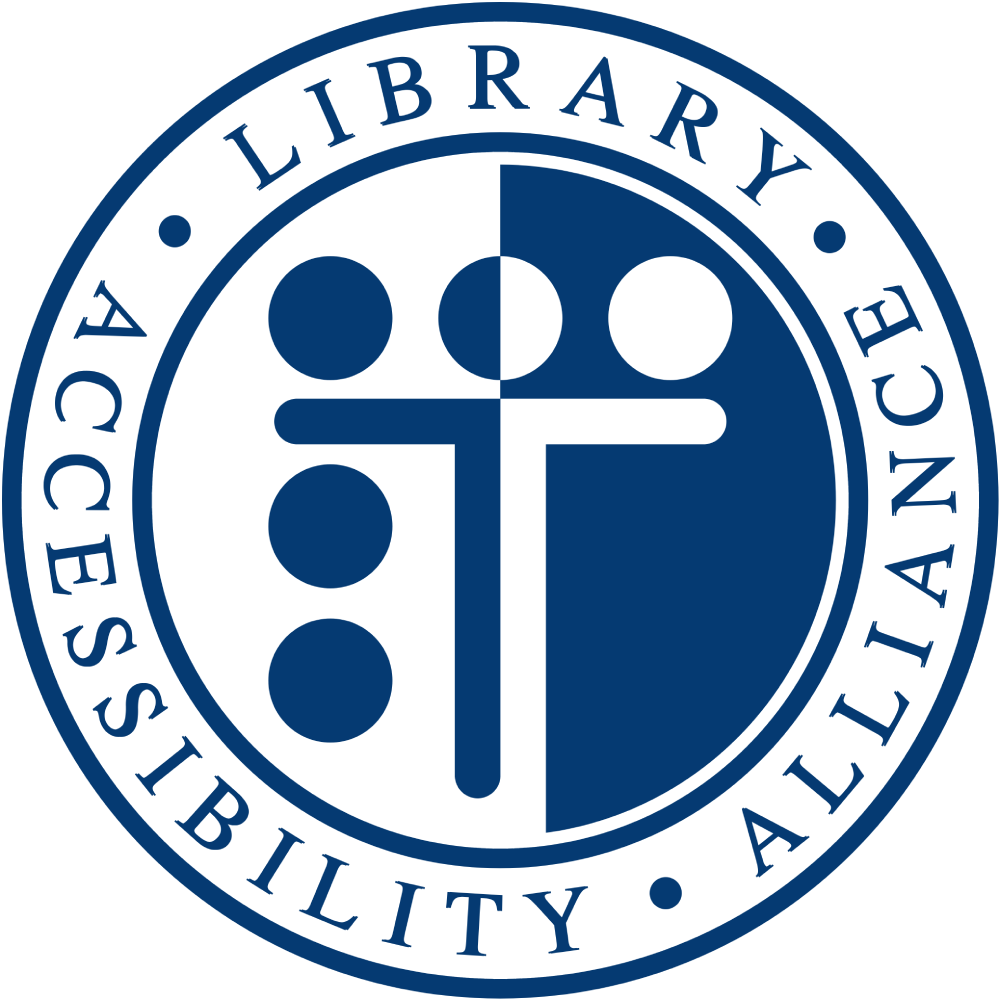The Library Accessibility Alliance invites you to join us for the second installment of our LibGuide Accessibility Webinar series! This session will dive into the technical aspects of creating accessible LibGuides, offering practical strategies for library staff, developers, and administrators. This webinar will provide actionable guidance for improving accessibility in LibGuides, helping you ensure that your content is usable and inclusive for all audiences and ADA Title II compliant. Whether you’re an author, administrator, or developer, you’ll leave with practical techniques to apply immediately.
Feb 12, 2026 12:00 PM in Eastern Time (US and Canada)
 Library Accessibility Alliance
Library Accessibility Alliance